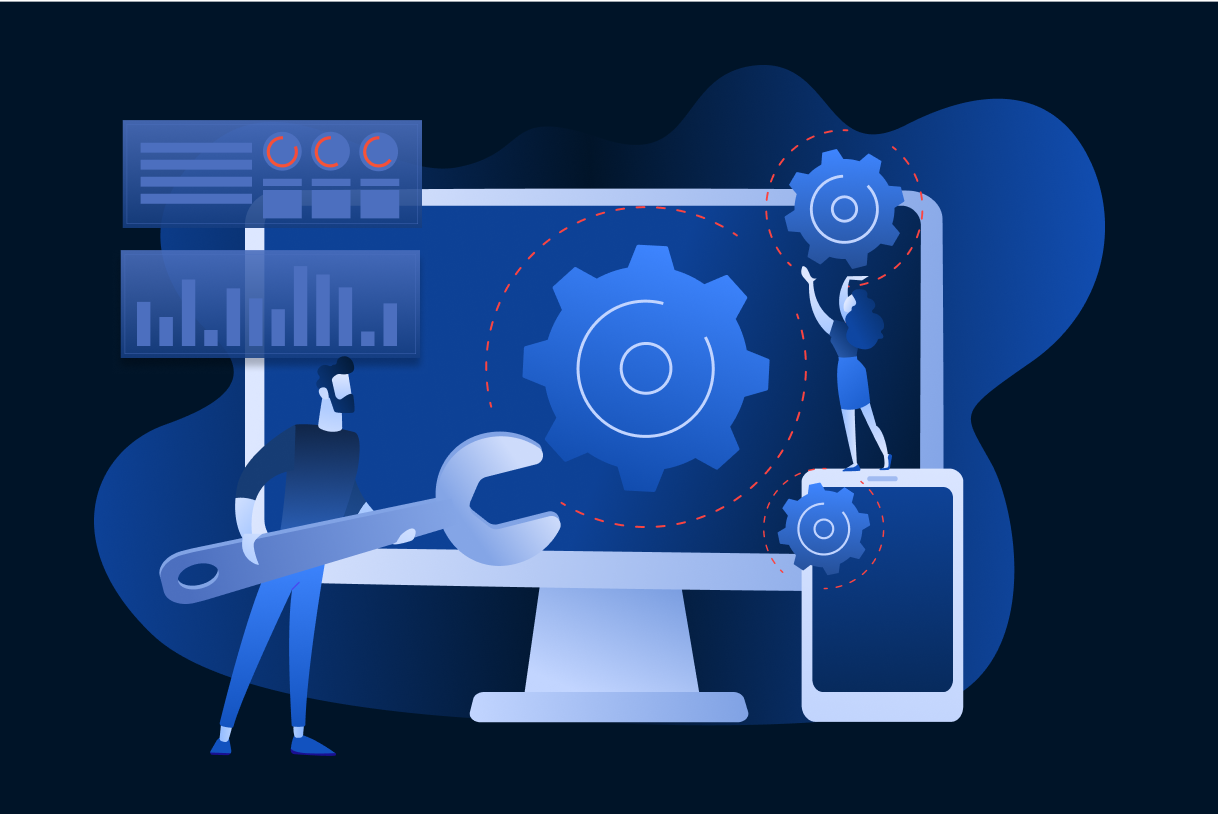Themes at WorldSummitAI
It would be impossible to summarize the talks, events and experiences co-founders Sarah Porter (Inspired Minds), Christoph Auer-Welsbach and Mike Renier (City.AI) curated. So I would like to highlight three themes that I kept following and which I saw coming up in all the talks;
- The limits as of right now. Specifically, we do not have the battery life or energy resource to power AI and robotics. Max Welling argues that for this reason we need to move AI to the edge for the following reasons; 1. Privacy. Don’t want all data to move into cloud e.g. Alexa at home or companies data 2. Reliability e.g. to ensure safety of pedestrians when it comes to driverless cars 3. Latency don’t want a delay ensuring safety 4. Efficient use of bandwidth. Welling believes we can do this by building efficient hardware, algorithmic advancements and software tools so that people can build themselves
- The lack of diversity in application echoes the lack of diversity in the thinking. As Gary Marcus put it “maths isn’t going to take us all the way”. This came up again with Jonnie Penn who said that the disappointment is that much of AI is single-mindedly focused on commercial applications. Penn also spoke to the potential for AI to be imperialistic and argued for AI to grow and develop in ways that benefit the communities. This lack of diversity could be seen at the Summit and is something that is being worked on.
- The regulations and governance required. During the talks on ethics, a physician in the crowd asked why the governance of a technology that is so pervasive and with such far reaching consequences has so little in the way of governance and regulations. It was a good question and one that I felt deeply. I picked out a few quotes on the various applications of AI:
- “Accountability, transparency, honesty, fairness, human centric = responsible AI”
– Marco Vernocchi - “Keep the human in the loop”
– Gayle Shepperd - “AI has to be smart enough to deal with humans who aren’t following the rules”
– Steve Chien - “Bring the human to AI”
“1. We need a multidisciplinary approach 2. Public owns some of AI 3. Need different approaches to build strong AI”
– Gary Marcus - “AI is going introduce into our lives in ways that are both profound and subtle. Be consciously conscious of impact.”
– Robert High - “How do we make companies account for the algorithms they produce?”
– Wendy Hall - “Liberal arts asks the right questions and is fundamental to age of imagination”
– Yuri Van Geest - “Develop AI with ART – accountability, responsibility, transparency. Ensuring there are regulations & boundaries”
– Virginia Dignum - “Improve human culture = explicit rules to handle this, diversify and deliberately uses regulation like architects”
– Joanna Bryson - “Ethics, education, for common good are great, but can’t stand alone. These are a compass, not a map.”
“Whose benefit must be asked as biases reflect advantaged groups and can harm those outside of those groups.”
– Meredith Whittaker - “What are the 3 tasks for @UNICRI relating to AI: connect, implement, facilitate.”
“What I would like is global movement of private sector to engage with communities to create community benefit.”
– Irakli Beridze
- “Accountability, transparency, honesty, fairness, human centric = responsible AI”
Gary Marcus finished his talk with one of my favorite quotes; If you want to go fast, go alone, if you want to go far go together. This is particularly true of a technology that is already active in our lives and changing the way our brains and societies work. The idea that we should slow down is abhorrent to many, but that is because they do not see the value of including multidisciplinary, multifaceted approaches to what has become part of the air that we breathe.




